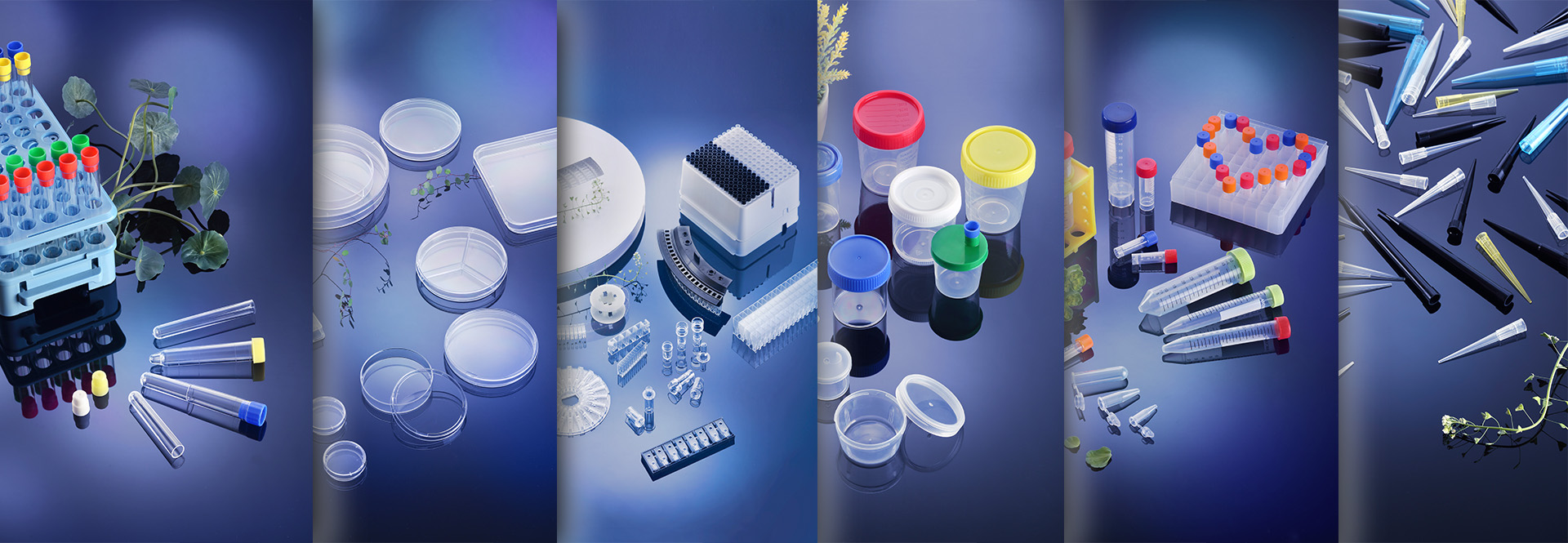HWTAi's Analyzers: Unleashing Efficiency and Accuracy
HWTAi's analyzers are cutting-edge laboratory equipment that is redefining testing processes. With their advanced technology and unmatched precision, these analyzers are transforming the way researchers, scientists, and medical professionals conduct their analyses.

Item No | Description | Packing Info. | Qty./Case(pc) | Case Size(cm) |
A11 | Konelab Biochemical Analyzer,12 Holes | 20pcs/box X 180 | 3600 | 56X35X31 |
A11-1 | match with Konelab 12-position Multicell Cuvette for 20/20CX/PRIME 30 and 60 Analyzers | 25pcs/pack*40*4box | 4000 | 47×28.5×42.5 |
A44 | match with Thermo Fisher Indiko & Indiko Plus Analyzers | 25pcs/pack*40*4box | 4000 | 47×28.5×42. |
In today's ever-evolving world of laboratory technology, biochemical analyzers have emerged as a significant global trend. These cutting-edge instruments are revolutionizing the field of diagnostics and research, providing scientists, researchers, and medical professionals with advanced tools to analyze biochemical substances with precision and efficiency. This article delves into the rising popularity of biochemical analyzers and explores the innovative features that make them indispensable in laboratories worldwide.
Biochemical analyzers have gained traction due to their ability to automate and streamline numerous laboratory processes, thereby reducing human error and optimizing efficiency. These analyzers boast advanced functionalities that allow for the rapid and accurate measurement of a wide range of biochemical parameters. From analyzing blood samples to detecting diseases and monitoring treatment efficacy, biochemical analyzers offer a comprehensive suite of capabilities that aid in accurate diagnosis and effective treatment.
One prominent driver behind the growing demand for biochemical analyzers is the increasing prevalence of chronic illnesses worldwide. As the global population continues to age and encounters a rise in lifestyle-related diseases such as diabetes, cardiovascular disorders, and renal dysfunction, there is a greater need for efficient diagnostic tools. Biochemical analyzers provide healthcare professionals with valuable insights into patients' biomarkers, enabling them to make informed decisions regarding treatment plans and disease management.
Furthermore, the advancements in technology have resulted in the development of compact and user-friendly biochemical analyzers. These instruments offer ease of use without compromising on accuracy and precision, allowing laboratories of all sizes to benefit from their capabilities. Whether it is a large research institute or a small clinic in a remote area, biochemical analyzers are becoming increasingly accessible, democratizing diagnostic capabilities globally.
Another notable trend in the world of biochemical analyzers is the integration of artificial intelligence (AI) technologies. AI algorithms can analyze vast amounts of complex data, quickly identify patterns, and generate insights in real-time. By leveraging machine learning and deep learning techniques, biochemical analyzers can enhance disease detection, identify biomarkers, and even predict patient responses to certain treatments. This integration of AI with biochemical analyzers presents unprecedented opportunities for precision medicine and personalized healthcare.
Additionally, the continuous advancement of lab automation has played a pivotal role in making biochemical analyzers a global trend. With the ability to process a high volume of samples simultaneously, these analyzers have significantly reduced turnaround times and increased laboratory productivity. Automated workflows also minimize manual intervention, reducing the likelihood of errors and ensuring consistent and reliable results.
While biochemical analyzers offer numerous benefits, challenges remain in terms of affordability and accessibility, particularly in resource-limited settings. However, efforts are underway to address these issues through innovations such as point-of-care (POC) analyzers that are portable, affordable, and require minimal sample volumes. POC analyzers are empowering healthcare providers in remote areas to deliver faster, more efficient diagnoses and treatments.
In conclusion, the rising trend of biochemical analyzers in the world is a testament to the transformative impact of these instruments on laboratory technology. Their ability to automate processes, provide rapid and accurate results, and integrate AI technologies has revolutionized diagnostics and research. As these analyzers become increasingly accessible and affordable, we can expect a continued global adoption, leading to improved healthcare outcomes, advancements in scientific research, and a better understanding of various diseases.

Contact: Neo
Phone: 008615867460640
E-mail: Info@Hwtai.com
Whatsapp:008615867460640
Add: Building 2, Xinmao Qilu Science Technology Industrial Park, Tianqiao District, Jinan City, Shandong Province,China.
We chat
